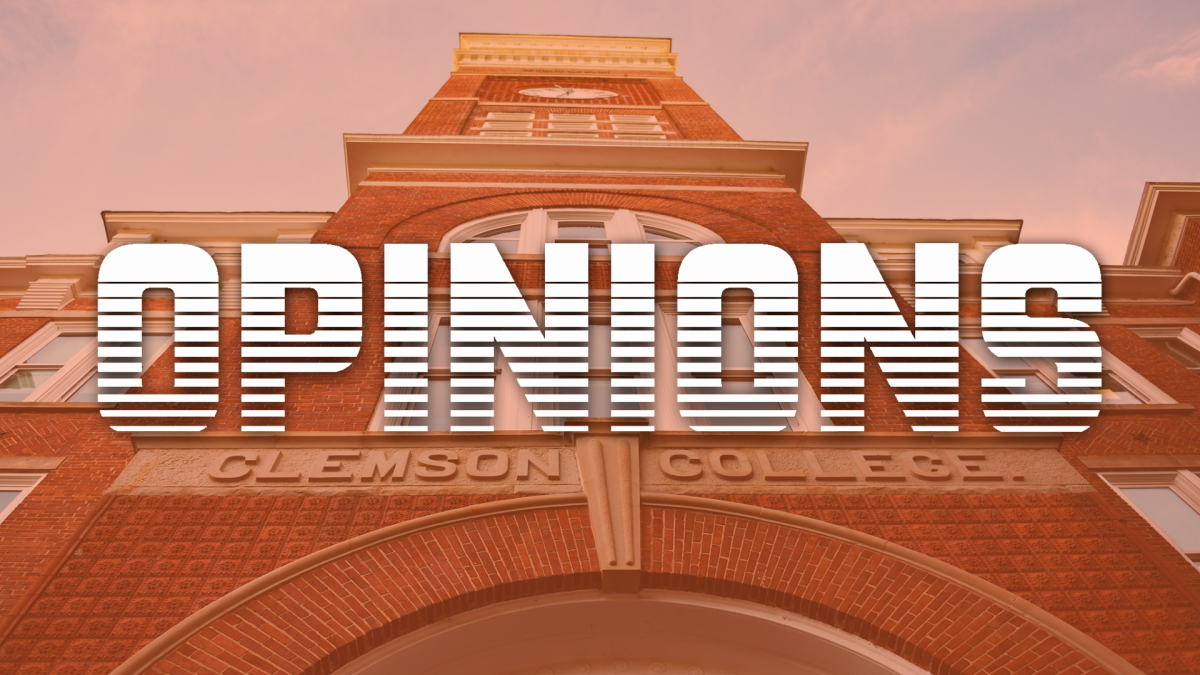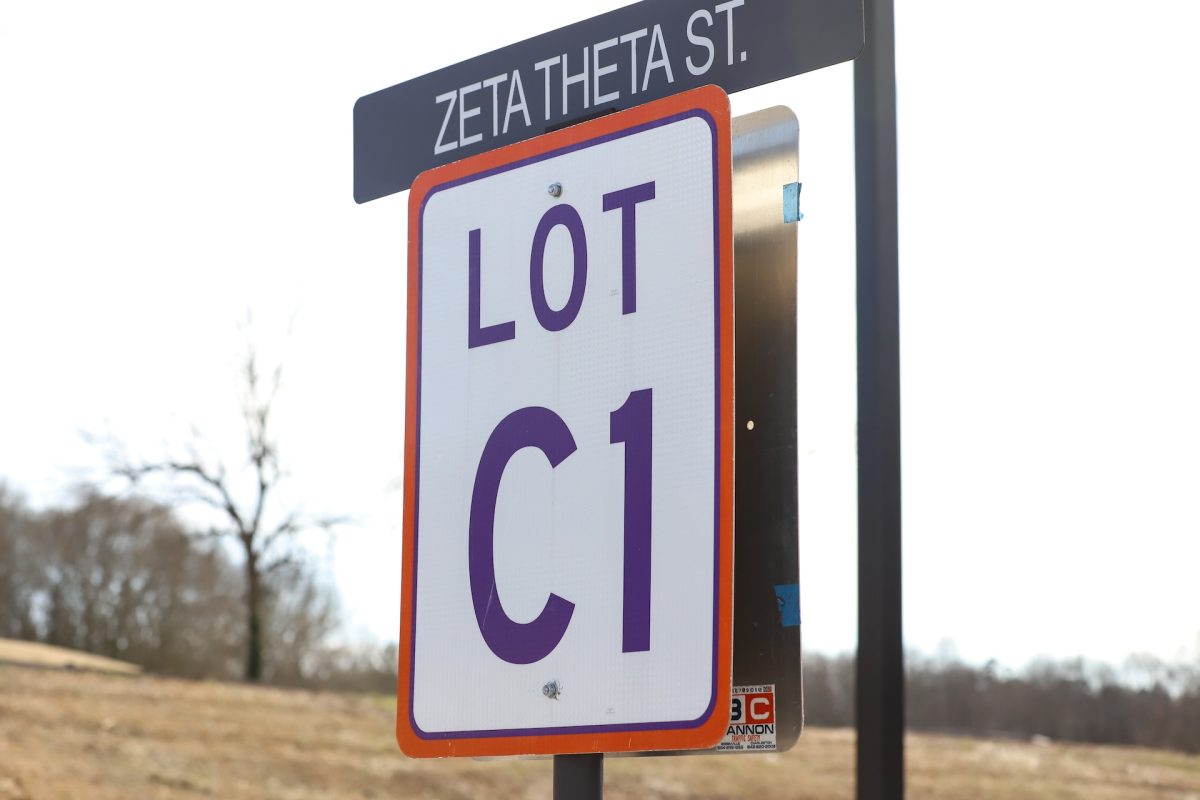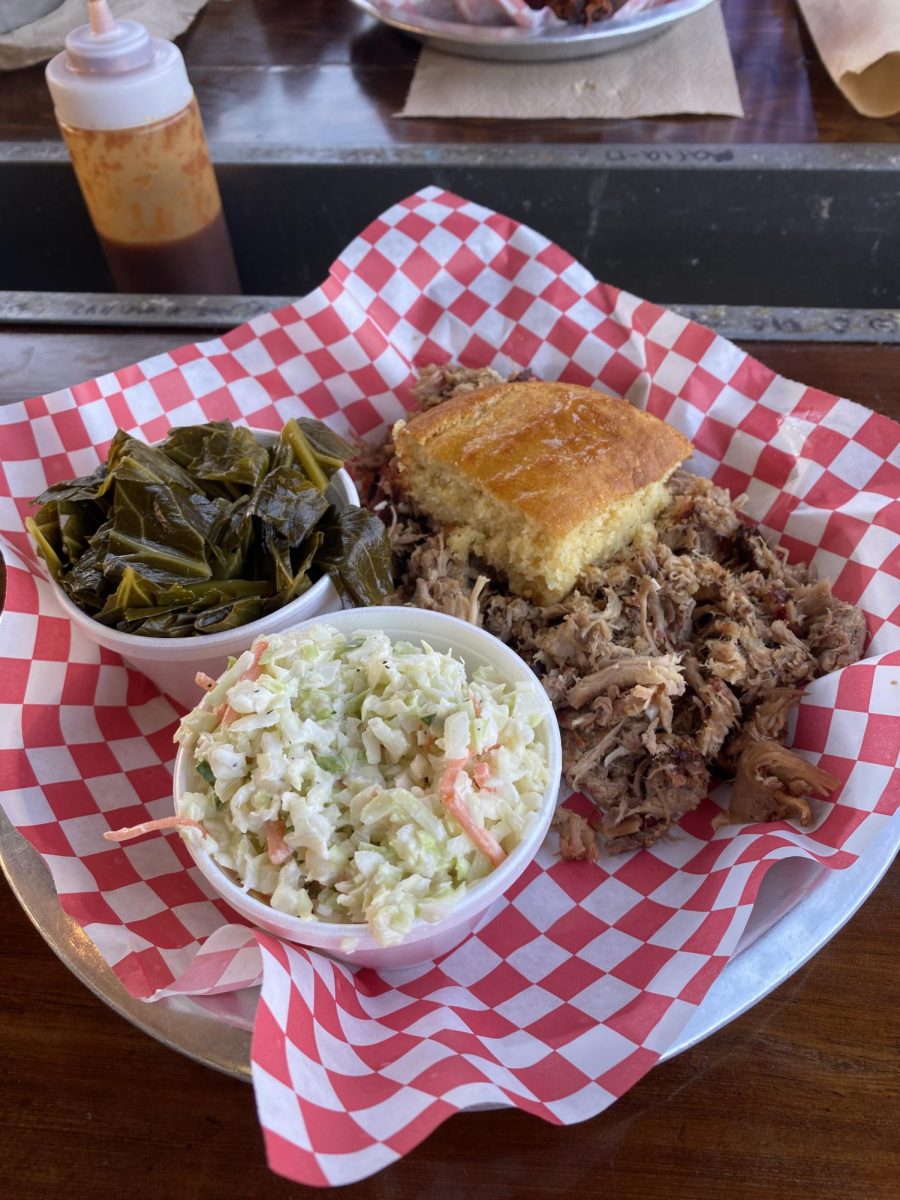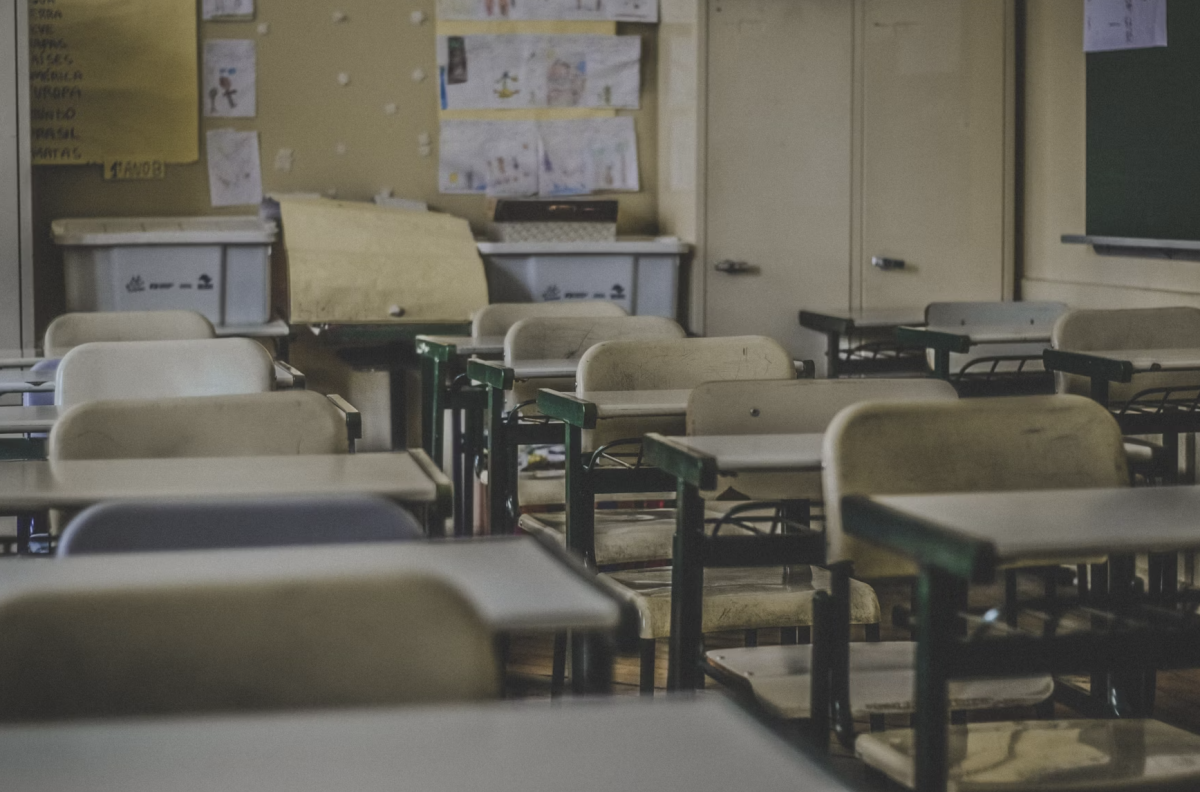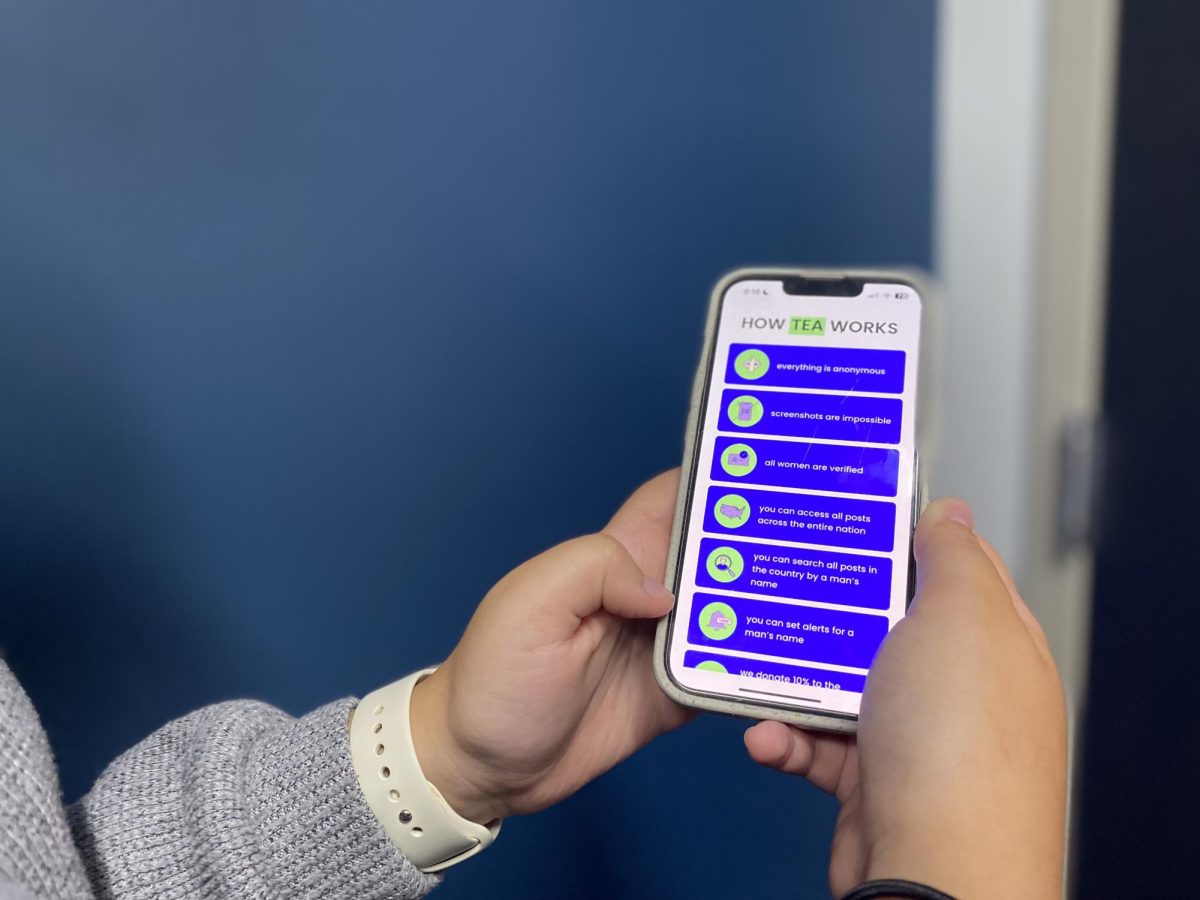When is an open-door policy not an open-door policy? It is when the door is a security gate manned by security guards. Surely, the president of a public university should always have his door open to his students?
Some of you may have noticed that, in the summer months, Clemson President Jim Clements had new security gates and security guards installed at all entrances to Sikes Hall, the building containing his offices and those of other senior university personnel.
Is the Clemson President trying to avoid his students, and if so, why? Are too many people complaining about parking on campus? Granted, we are building an entire edifice dedicated to business without providing one more parking space. Surely, this counts as bad “business,” but is this a good enough reason to want to hide behind enhanced security?
Maybe it’s the dining hall food? Again, it’s unlikely our Clemson President has ever had to dine alongside his students. A $900,000 annual salary will buy one that sort of exclusion. Maybe the President was fearful that a delegation wanting to discuss the expense and quality of dining hall food might require him to taste some?
Perhaps Clements is hiding from visiting Alabama fans? Although, maybe he just wants to be left alone to count his salary and to watch Trevor Lawrence and the team in silence, as they bring Clements and Clemson another visit to the White House?
Mind you, if our president does find himself in the White House again, perhaps on that occasion he could take the time to quiz the nation’s president and the secretary of education on some matters of importance to college students everywhere? When the Clemson University president stands alongside the nation’s president, at that moment, he represents to the nation’s president the entire national college community. It might be nice to take advantage of that fact next time. Maybe?
Joshing aside, isn’t it a college necessity to have the university president say his or her door is always open? More than this, isn’t it a college tradition to allow students the opportunity to engage in a sit-in? As a campus, don’t we firmly affirm the right of all to freedom of speech and assembly, including in the president’s swanky outer waiting room?
Clemson hasn’t had a good old sit-in since the Sikes Sit-in of 2016. No one was hurt. Granted, after the first day, the remaining Clemson Five were arrested, but that doesn’t seem to have hurt their subsequent careers. The point is you can hardly sit-in if you have to negotiate security gates and guards.
Safety is a concern for all campuses, and much has been written about safety from sexual assault, safety from peer pressure and safety from bullying, at Clemson as well as on other campuses. Yet, why should President Clements be any safer than the rest of us?
Will dorms have security guards now? Will academic halls have security gates to protect students from potential on-campus shooters? Will dining halls have both simply to warn unwitting students to stay as far away as possible?
It is undoubtedly an inconvenience to have myriad students popping in to quiz one when one has as busy a schedule as the Clemson president, but Clemson boasts it is about inclusion and diversity. One can’t say that and then not practice it, however inconvenient it may be.
Some $400 million of the $800 million Clements and others spend on the operations of Clemson each year comes from student fees. There is currently no student representation on the Clemson Board of Trustees, the primary body making spending decisions for Clemson.
That amount of money, along with exclusion from the Board of Trustees, should give Clemson students the right to bother their president from time to time. Maybe it’s time to remove the security gates, transfer the guards elsewhere and once again have the president’s door truly open to his students?



